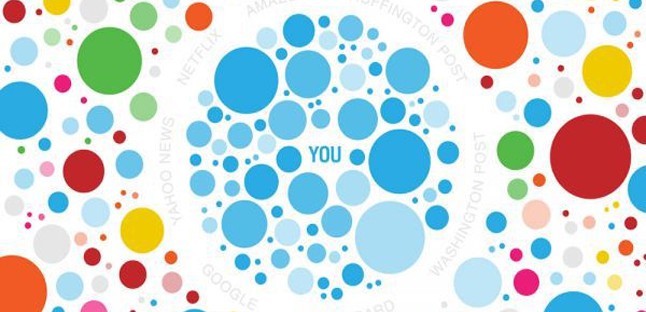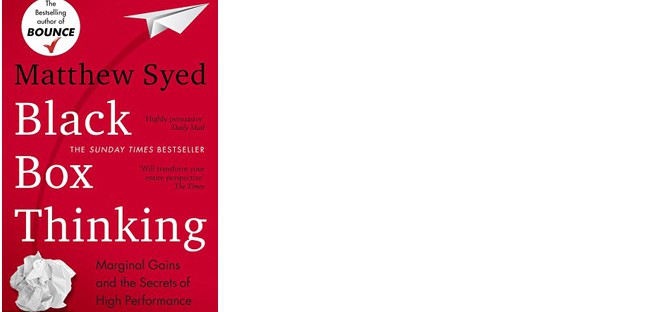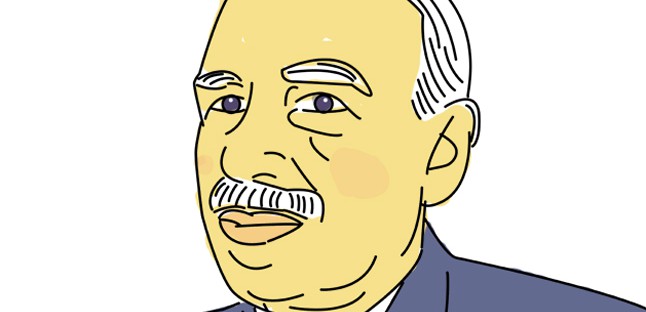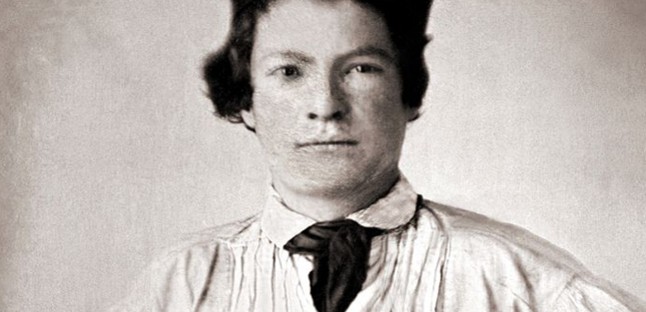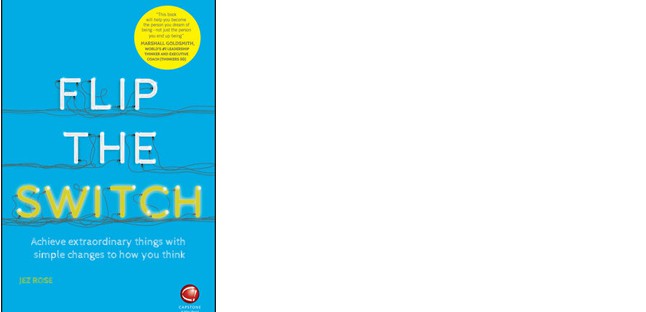Latest posts
A masterclass in creating value
What’s going on at parkrun?
Virtue-signalling all the way to the bank
Bud Light: brand purpose or virtue-signalling?
The Coddling of the American Mind, by Greg Lukianoff and Jonathan Haidt
Belonging, by Owen Eastwood
Such a simple thing
The Long Win, and The Scout Mindset
The Cult of We by Eliot Brown and Maureen Farrell
Coffee and covid modelling
By theme
Marketing strategy
Insight & metrics
Innovation & inspiration
Brand & positioning
Marketing communications
Business purpose
Leadership
By industry sector
Financial services
Retail
FMCG
Technology & start-ups
Consumer services
Business to business
Other sectors
By type
Books
Comment
Quotes
Thought leadership
Even the most consumer-focused marketers will be tempted, or pushed, to get people to pay more for less this year. Pricing will be a major issue, as cost increases caused by the weak pound feed through. How should marketers express the voice of the consumer inside the business in the face of this pressure? Being consumer-focused doesn’t mean defending low prices at all costs. The key thing is, whatever approach you take, brand champions must ensure there’s no long term damage. Read More
“There were two Santas at school today,” said my five-year-old. She was just coming to the end of her first term at school. My pleasure in hearing Santa had come calling was rather tempered by finding out there were two of the old fellas. How could they mess up so badly? They’ve ruined it for all those children. What do I tell her now? Before I could collect my horrified thoughts, she piped up again. Read More
Algorithms are distorting the news and, maybe, damaging democracy. So says everyone (that’s to say, everyone in my filter bubble). Personalisation can take us to an online world perfectly in tune with our preferences, interests and opinions, in which everything feels relevant and nothing is dissonant. Bad for democracy it may be, but it’s the holy grail of marketing. What’s more, it can be done by machines, thanks to online analytics and algorithms. But marketers are not redundant just yet, Read More
Disruptive innovation seems easy for start-ups and feels threatening and difficult for established businesses. But they can do it too. Here are five guiding principles to help you.
First, think of being disruptive as an outcome, not a strategy. It’s rarely an end in itself. No, not even for Uber. I’m sure their funding pitch talked about being disruptive but the essence of the idea was using mobile technology to match capacity with demand in real time. Read More
Why can’t we learn from failure? Because even in a no-blame culture it is human to deceive ourselves, and we don’t even know we’re doing it. It’s hard to change a belief we’re invested in, as Syed illustrates with true stories of miscarriages of justice, in which bad verdicts were maintained despite clear evidence they were wrong.
This book is recommended reading for anyone trying to learn, improve or innovate at work. In a well-researched book full of engrossing examples, Read More
“When the facts change, I change my mind. What do you do, sir?”
Attributed by Paul Samuelson, Nobel Laureate in Economics, to John Maynard Keynes Read More
“It ain’t what you don’t know that gets you into trouble. It’s what you know for sure that just ain’t so.”
Mark Twain, writer Read More
No one can make you feel inferior without your consent, said Eleanor Roosevelt. Jez Rose is not so succinct. His book is about the idea that other people can’t make you feel things or react in prescribed ways. You can control how you feel and how you will respond. Between stimulus and response there’s a gap in which to choose. That’s where you can “flip the switch”.
The obvious way to “flip the switch” Read More
As you came through airport security this summer, did you pop one of those smiley faces as you scooped up your bags and swung past towards your departure gate? The company behind them, HappyOrNot, says that using faces rather than numerical scores increases positive ratings. That seems appealing. But it misses the point. Positive ratings are over-rated.
There’s a host of reasons for low scores, from ad hoc operational failures through to structural factors that are slow or costly to change, Read More
This book promises “practical techniques for a sharper mind”. If you believe, as the author does, that a sharper mind means being able to remember stuff, then it delivers. It walks you through easy, step-by-step exercises to build your ability to remember. The author is a US memory champion, so we can believe him when he says you have to study and practise, as he does.
Why bother? The examples in the introduction aren’t convincing, Read More
Latest posts
A masterclass in creating value
What’s going on at parkrun?
Virtue-signalling all the way to the bank
Bud Light: brand purpose or virtue-signalling?
The Coddling of the American Mind, by Greg Lukianoff and Jonathan Haidt
Belonging, by Owen Eastwood
Such a simple thing
The Long Win, and The Scout Mindset
The Cult of We by Eliot Brown and Maureen Farrell
Coffee and covid modelling
By theme
Marketing strategy
Insight & metrics
Innovation & inspiration
Brand & positioning
Marketing communications
Business purpose
Leadership
By industry sector
Financial services
Retail
FMCG
Technology & start-ups
Consumer services
Business to business
Other sectors
By type
Books
Comment
Quotes
Thought leadership


